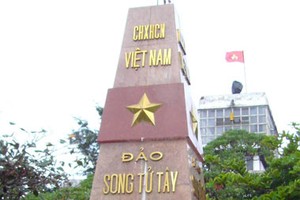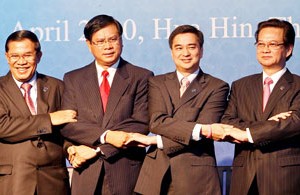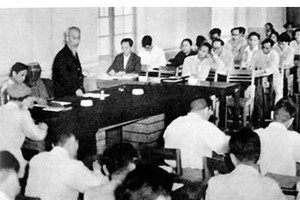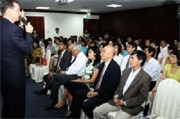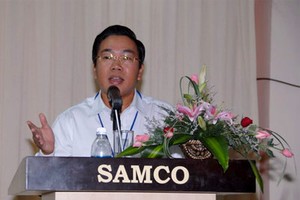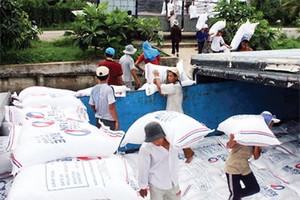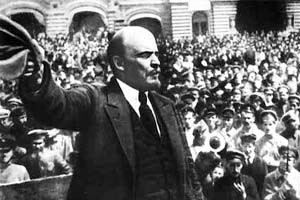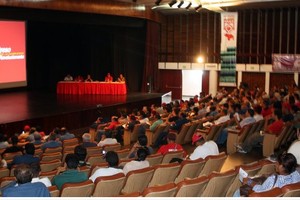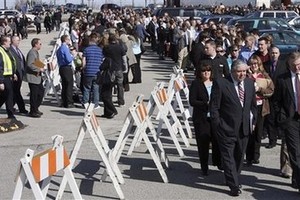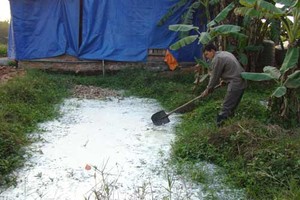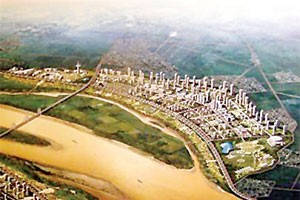The Vietnamese government has approved an application by Metro Cash and Carry to open its ninth wholesale retail outlet in Bien Hoa City, the capital of Dong Nai Province.
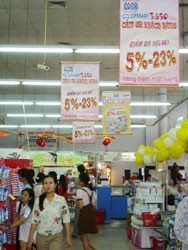
The move marks the international retailer’s move into smaller markets after setting up its previous eight outlets in major cities around the country.
With the Big C Group announcing plans to open more outlets and the Lotte Mart Group building its second supermarket in District 7, the retail market is poised for rapid expansion.
Several international retailers are eagerly waiting for the coming New Year, when the domestic retail market will officially open to foreign investors as part of Viet Nam’s WTO commitments. This will mean lower tariffs and entry barriers.
The heating up of the domestic retail market has major implications for local businesses and for the industry as a whole.
A year and a half after Viet Nam’s entry into the World Trade Organization, imports of many goods have increased, including electronic products. Recent reports have shown that imported goods are occupying increasing amounts of shelf space in city retail outlets.
Currently only 10 percent of goods are sold through modern retail channels in Viet Nam. With a population of 86 million, the country has a vast untapped market.
The director of a Vietnamese company, speaking on condition of anonymity, expressed his surprise that the Metro wholesale centers were being licensed to open in major cities.
He noted that although India has a much larger market than Viet Nam with its population exceeding a billion, the Indian government has allowed Metro to open just two centers and stipulated that they be at least 40 km from a city center.
A survey in China found that when a foreign supermarket opens, three domestic outlets within a radius of 35 km collapse within a short time.
Because of their limited financial capacity and competitive experience, domestic companies lose out in the race to expand the retail system.
Viet Nam must carry out all its WTO commitments to open its market by the end of next year, so domestic firms have to brace for stiff competition from better equipped foreign investors.
Viet Nam’s only modern domestic retailer to date is the Co.opMart.
Apart from investment and experience, a significant barrier for domestic businesses is also the lack of a comprehensive plan from the government for the retail sector.
There are no specific, clear guidelines on where big trade centers can be built, and while domestic businesses wait for the government to act, foreign retailers can choose any place they want, the businessman said.
He is afraid that by the time the government does come up with a plan, domestic businesses would have missed the bus.
Former Minister of Trade Truong Dinh Tuyen has noted that people who own the distribution system will be able to decide the production system.
That makes it clear that the time for a sensible policy for the domestic retail market is right now.


